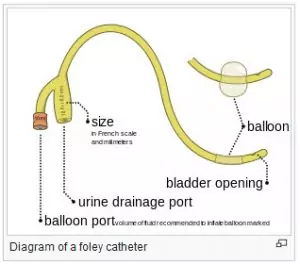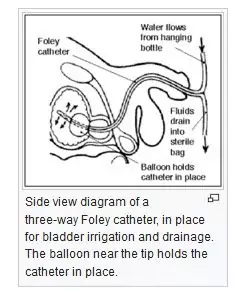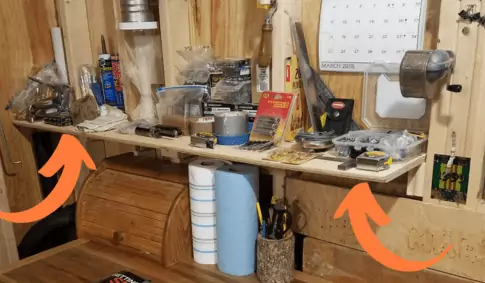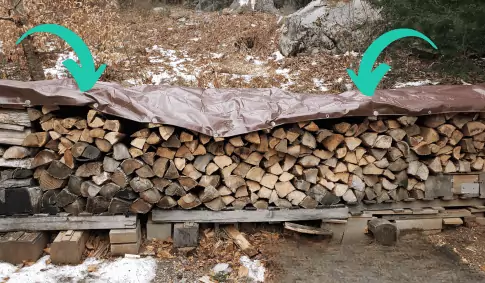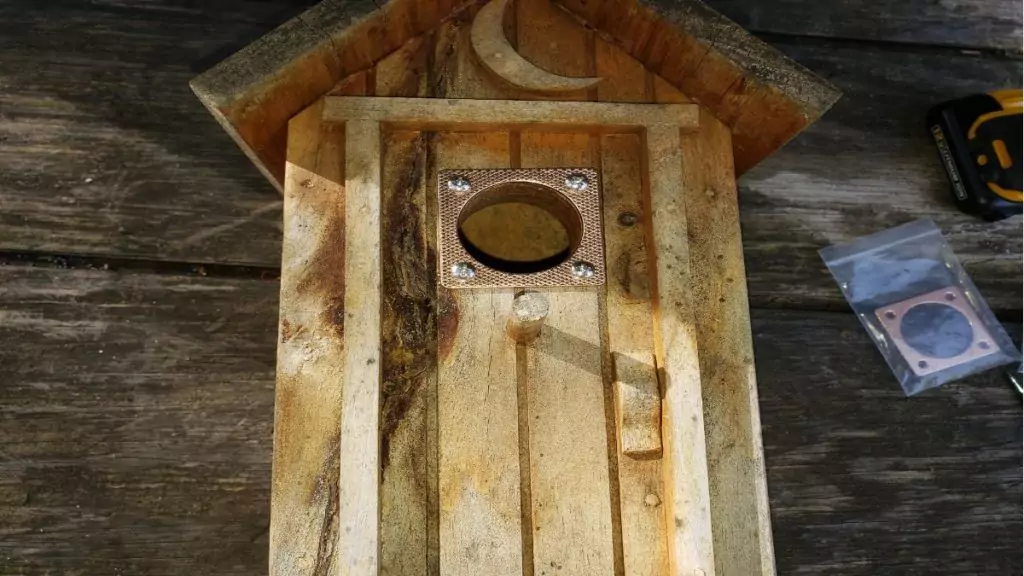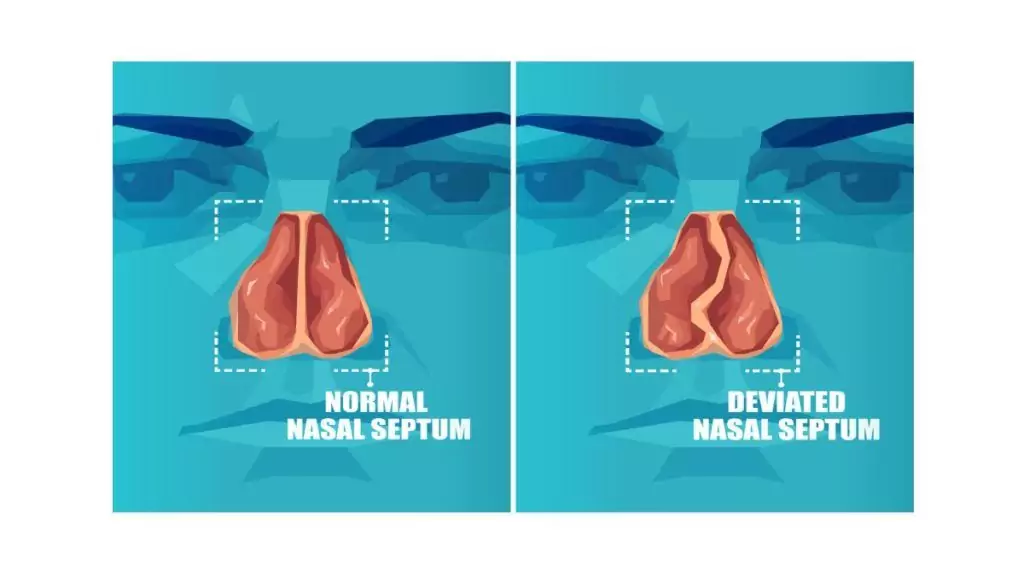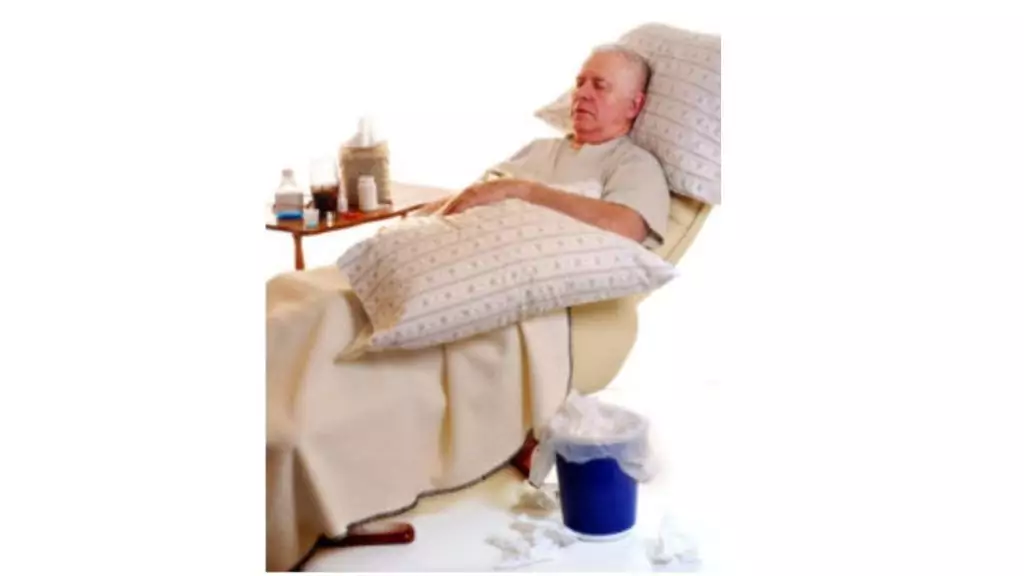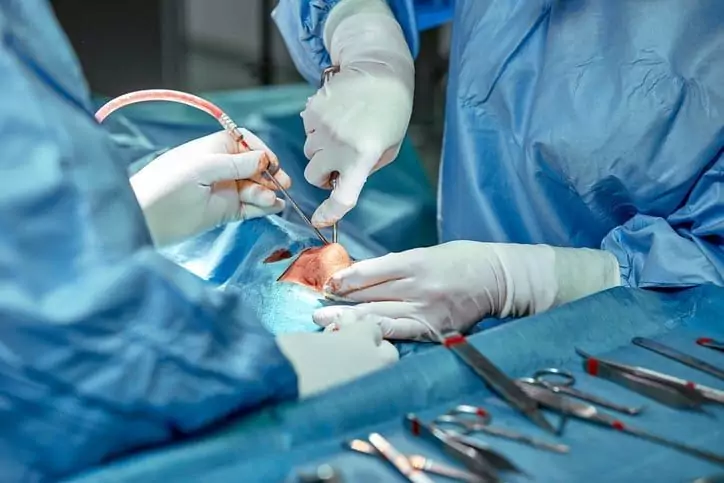This is part 5 in a series of articles dealing with prostate cancer and my first-hand experiences with receiving the diagnosis, pre-operative activities, the day of the surgery, and the post-operative recovery process.
I want others who have to deal with the reality of prostate cancer and ultimately prostate removal to understand what it entails. Hopefully these articles will make it easier and less mysterious to others who have to go through it.
So it’s been almost 2 weeks since the day of my prostate surgery and all is going pretty well. Instead of letting you know how I am now, I will start from the day after surgery. With robotic prostatectomy recovery there is a typical requirement of staying at least one night at the hospital. I can certainly attest that it makes a lot of sense to stay that one night.
In the hospital I had my surgery at I was fortunate to have nurses who really cared about me and my health and let me know at all times what they were doing at certain points in the afternoon and evening. Besides waking up from surgery with a Foley Cather in place and 4 visible sutures from incisions from the robotic prostatectomy surgery, I had a device on the right side of my lower abdomen called a Jackson Pratt. The nurse called it a JP.
This device is held in place by a suture which is used for preventing fluid from building up under the skin near the incision area. There was a tube which was part of this device that extended down to my prostate area that drained any blood from the surgery area. The nursing staff would empty this small jar or bulb on a fairly regular basis. To be honest, I didn’t even realize it was there until the nurse came in to empty it.

They had to unhook the device a couple of times and dump out the blood from the small jar or bulb. After dumping out the blood they would reattach it to my side. There is really no pain associated with this Jackson Pratt device at all until it is removed. The morning after my surgery, right before I was discharged, my surgeon came into visit me and he actually removed the device from my side.
The device included a drain tube that went down into my surgery area. He said to me before he pulled it out “You’ll feel a little pain when I remove this but try not to tense up“. It hurt more than I thought it would but it only lasted about 2 seconds. I felt this tube being removed from beneath my scrotum up to my side where the cup or jar was located. I wasn’t ready for that short burst of pain to be honest with you. He then dressed it with a bandage after removing it and told me to remove the bandage the following Friday (3 days later).
Robotic Prostatectomy Recovery
Care for your Foley Catheter
One of the lovely aspects of prostate surgery and robotic prostatectomy recovery is that you are required to wear a catheter on your penis for about a week following surgery. The one that is typically used is called a Foley Catheter. This was the type that I was wearing during the first week of my robotic prostatectomy recovery.
To be honest, it wasn’t that bad but after a week you are certainly ready for it to be removed. In the hospital the nurse will instruct you on how to care for the catheter as far as cleaning, etc and will also instruct you on how to wear the leg bag if you so desire. I recommend highly that you don’t even attempt to use the leg bag especially since it’s only going to be on you for a week. Chances are you won’t have any real desire to leave the house and if you do, you can simply carry the bag instead of trying to install the leg bag.
I did go out once or twice but once was a trip about a mile away to my father-in-law’s house and once to a local dairy and I just stayed in the car. The last thing you want to do is have the catheter pulled out because you will have to rush to an emergency room for re-entry of it and you could affect the surgery area. Fortunately there is a piece of tape attached to the tube which is attached to your leg that should prevent such a mishap.
One thing that will happen is that you just might forget that you have a catheter in and will start to walk without carrying the bag and this is when the tube can get stuck on anything in the way. It happened to me a couple of times and the piece of tape attached to the tub prevented the pull from occurring on where the tube entered my penis. Thank God for that tape!
Diet Restrictions and Pain Meds
Ya know it’s a little funny because some documentation on robotic prostatectomy recovery doesn’t have any restrictions when it comes to your diet. When it came to my doctor there were a couple of restrictions – caffeine and alcohol. Alcohol is the most important restriction as it could be known to irritate the bladder which is in the area of the surgery.
The time frame for resuming alcohol consumption from the day of surgery is 4 weeks. As of today I have not had an alcoholic drink for 24 days but plan on doing so this coming Father’s Day (4 days from now) as my kids are coming to visit.
The only real pain that I felt post-surgery was from the incisions. It wasn’t severe mind you but it was enough to warrant some pain meds for a few days afters surgery. I made it a point to stop them as soon as I could due to the fact I know they can lead to bad constipation and possible addiction. I found that a couple of Advil did the trick for me within a few days after surgery. Try your best to avoid extending the consumption of pain meds.
Urinary Incontinence Issues
Wikipedia defines Urinary Incontinence as the involuntary excretion of urine. Obviously this is only an issue after the catheter is removed. I have to admit that I wet the bed a couple of times post-catheter removal so I always make it a point to use some type of pad or tissues when I go to bed each night. Even this past week I had an accident and I am 3 weeks and one day from surgery.
Based on things I have read it appears I’m doing pretty well compared to a lot of people including my brother who had his prostate removed 4 months ago. Everyone is different so it’s really hard to anticipate how you will respond to Prostate Surgery. Fortunately my work has been good to me by allowing me to work from home since my surgery which makes it very easy for me to recover properly.
When I read about prostate surgery there was one benefit that I was looking forward to. That is a decrease in frequency of urination. Well, so far I have seen just the opposite and from what I have read frequent urination is not unusual after prostate surgery. The good news is that will lessen in time as soon as your body adapts to the new you. I really look forward to getting up maybe once each night rather than the 5-6 times each night it has been since my surgery.
I hope these articles have been helpful to you if you have already had surgery or will in the future. I hope I have removed some of the mystery about the whole process.
Feel free to leave any questions or comments in the comment section below or contact me via my Contact Me page. I’d love to hear from anyone who has any questions or concerns. I know it’s a big deal and I’ve been where you are so please feel free to lean on me for any questions you may have.
Don’t miss parts 1 through 4 in the series seen below:
Part 1: Prostate Cancer – Dealing with the Diagnosis
Part 2: Awaiting Prostate Cancer Surgery
Part 3: Pre-Operative Prostate Cancer Surgery Activities
Part 4: Robotic Prostatectomy Surgery Day
I’ve also been through a deviated septum surgery before and after experience that is another health problem that I had resolved in recent years.
Here is a great resource and forum for anyone who wants any question answered about Prostate Cancer.

